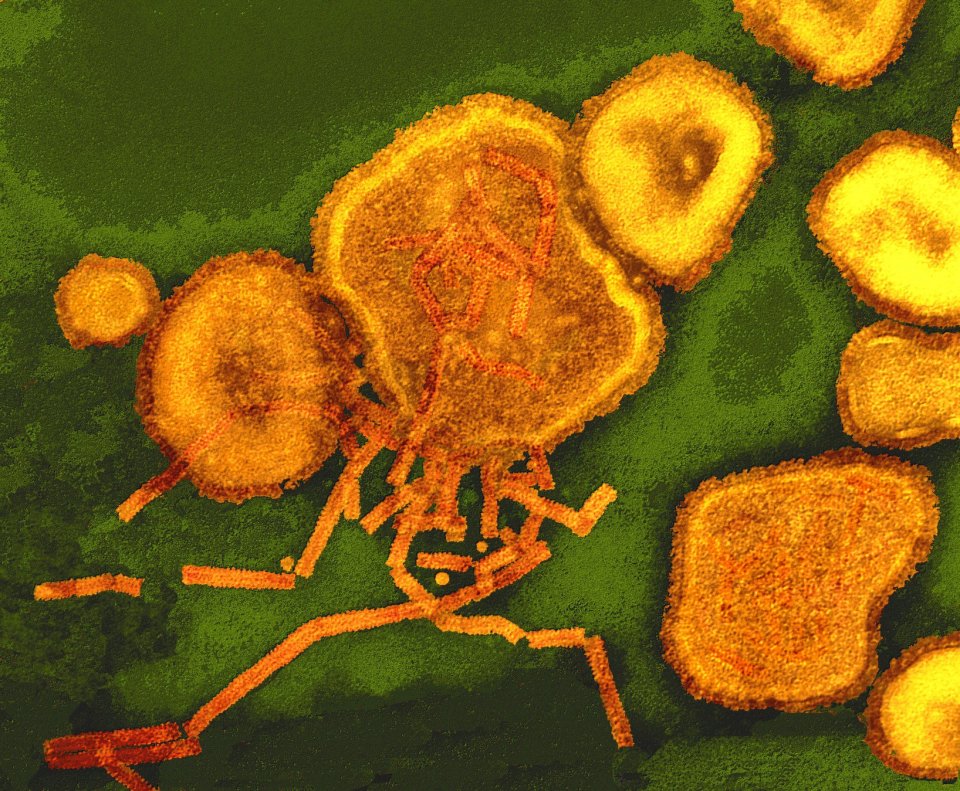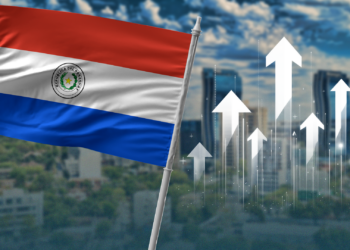ONE of the UK’s most common bugs almost triples the risk of death for a year after infection, scientists have discovered.
For many of the 3.6million adults in the UK who catch respiratory syncytial virus (RSV) each year, its symptoms are so mild they’re often mistaken for a cold.
But a new Danish study has found those who catch the bug face a 2.7-fold higher risk of death within one year compared to the general population.
While RSV is a leading cause of infant deaths globally, its impact on adults is often overlooked.
So for this study, presented today at ESCMID Global 2025, scientists analysed the health records of 5,289 adults who had a severe, or acute, case of the virus (RSV-ARI) between 2011 and 2022.
They looked at their health for a year after infection and then compared these results with 15,867 similar people from the general population.
As well as a higher risk of death, adults with RSV-ARI saw far worse health outcomes.
People who had suffered from were RSV-ARI 3.1 times more likely to have COPD, or chronic obstructive pulmonary disease, flare-ups and 4.6 times more likely to suffer asthma attacks, compared to those who hadn’t contracted the bug.
And over a year, 57 per cent of the RSV-ARI patients were hospitalised – double the control group – and ICU admissions were nearly four times higher
“One of the most striking findings from this study was the prolonged and significant impact of RSV-ARI”, said lead study author, Maria João Fonseca, from the University of Porto, in Portugal.
She added: “Even after the acute phase, patients continued to experience worse outcomes compared to the general population.
“This underscores just how serious and enduring the effects of RSV-ARI can be.”
This study was sponsored and funded by pharma giant GSK, who produce the RSV jab.
RSV infections are common and not usually serious, adults over the age of 75, babies under six months and people with a weakened immune system can become severely unwell.
The virus can lead to life-threatening complications like pneumonia and bronchiolitis, an infection that causes swelling of the small airways in the lungs.
Many people do not seek NHS care, but approximately 600,000 GP visits, 460,000 NHS 111 calls and 24,000 hospital admissions are attributable to adult cases of RSV annually.
Researchers estimated 11,800 adult deaths are due to RSV in the UK.
The RSV vaccine was first rolled out in September 2024, with almost 1.5million people getting jabs, including more than 1.3million people aged between 75 and 80.
A study in the Lancet found the first season of vaccination could prevent up to 2,500 hospital admissions, 15,000 GP visits and 60,000 RSV illnesses in older adults.
What are the symptoms of RSV?
PEOPLE commonly show symptoms of the virus four to six days after being infected.
Signs include:
- Runny nose
- Decrease in appetite
- Coughing
- Sneezing
- Fever
- Wheezing
Symptoms can be much more subtle in very young babies, including irritability, decreased activity and breathing difficulties.
Most children will have had an RSV infection by their second birthday.
It can cause a condition called bronchiolitis in babies and young children.
Symptoms of bronchiolitis in very young infants include:
- Refusal to breastfeed or bottle-feed
- Breathing more quickly and noisily (wheezing)
- Seeming very tired, upset or inactive
- Signs of dehydration – lack of tears when crying, little or no urine in their nappy for six hours, and cool, dry skin
Call 999 if:
- You have severe difficulty breathing – you’re gasping, choking or not able to get words out
- You or your child is floppy and will not wake up or stay awake
- You or your child’s lips or skin are turning very pale, blue or grey – on brown or black skin, this may be easier to see on the palms of the hands
- Your child is under five years and has a temperature below 36C
- Your child is having difficulty breathing – you may notice grunting noises, long pauses in their breathing or their tummy sucking under their ribs
Source: CDC, Asthma + Lung UK








